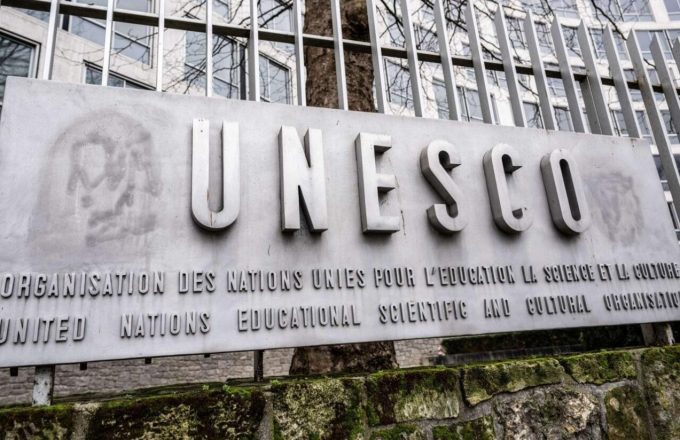The United States Supreme Court reaffirmed its stance by keeping Florida’s immigration law, known as SB 4-C, blocked. The law remains suspended until lower courts complete the legal process. This measure, promoted by Governor Ron DeSantis and signed in February 2025, imposed criminal penalties on individuals entering the state irregularly. However, federal judge Kathleen Williams ruled that the law was likely unconstitutional, as it encroached upon an area governed exclusively by federal authority.
The judicial block had already been upheld by the 11th Circuit Court of Appeals in June. In response, Florida Attorney General James Uthmeier filed an emergency appeal to the Supreme Court, requesting that the law be allowed to take effect while litigation continues. Nevertheless, the high court declined to lift the suspension, issuing an order without detailing the vote count or reasons.
This decision once again underscores that only the federal government can establish and implement immigration policies, as protected by the Supremacy Clause of the Constitution. The ACLU and various immigrant advocacy groups denounced SB 4-C as not only unconstitutional but also “cruel and dangerous.” Additionally, Judge Williams had already sanctioned Uthmeier for contempt, as he encouraged enforcement of the law despite the suspension.

What consequences will this ruling have for Florida and the rest of the United States?
- Florida must refrain from enforcing SB 4-C while the case proceeds through the lower courts.
- This rejection reinforces a legal precedent: states cannot usurp the federal government’s jurisdiction over immigration.
- If the Supreme Court allows Florida to appeal or bring the case to trial, the outcome could set a national precedent on the separation of powers.
- Moreover, the decision discourages other states from pursuing similar laws without assessing legal risks; it also protects immigrants from potential state-level criminalization.
In summary, although Florida enjoyed local political backing, the federal judiciary has reaffirmed that immigration control is an exclusive function of the federal government. For now, SB 4-C remains “on hold,” but its ultimate fate could take years to be decided.




















